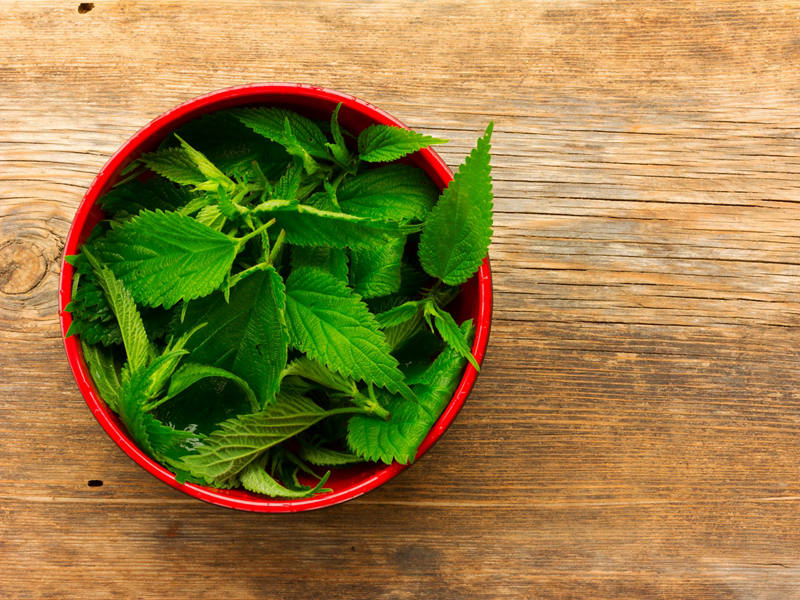Edible wild plants: native herbs
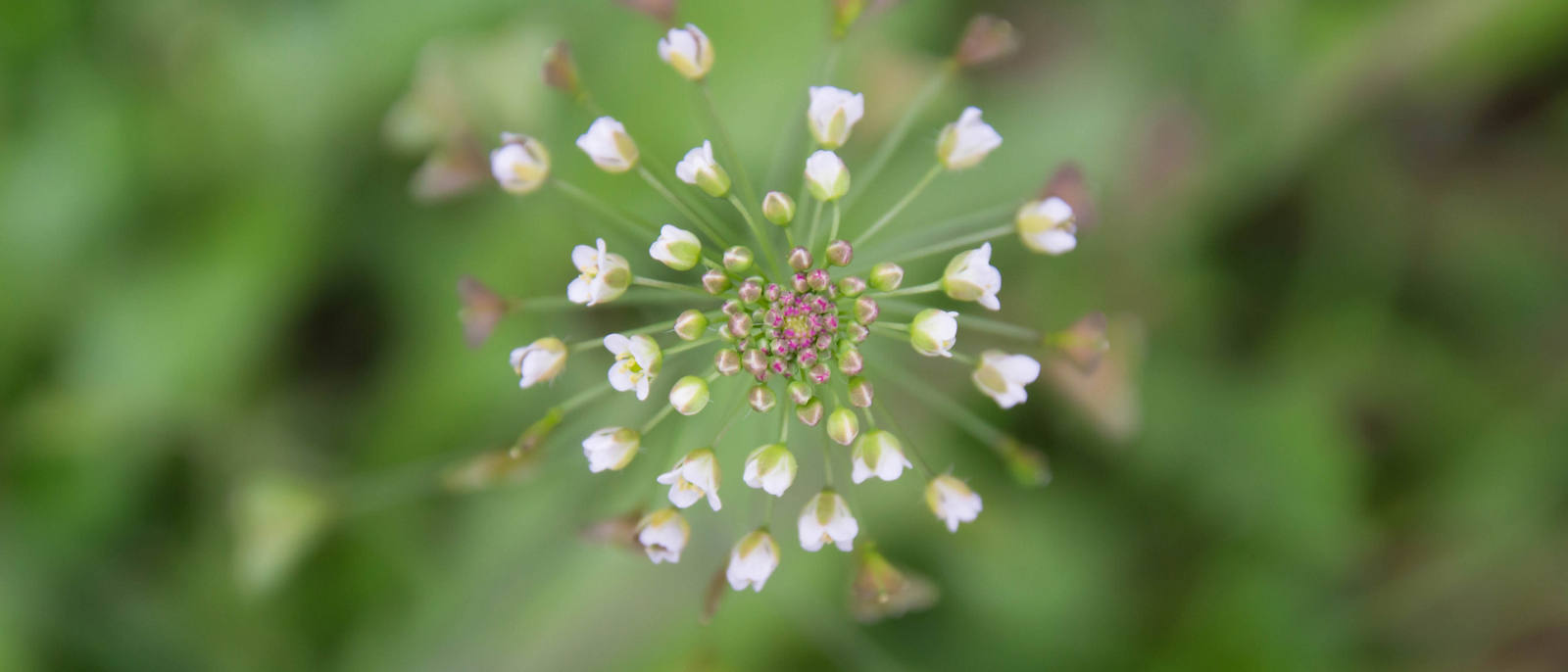
Are bears waking up from hibernation? One thing is sure: the snow is melting and the first snowdrops have already appeared. Winter is receding. In spring, plants begin to bud and flourish again. Some of them not only look pretty but are also good to eat.
5 edible wild plants and their effects
Wild plants not only add a special taste, but often contain more minerals, vitamins, proteins and omega-3 fatty acids than cultivated plants.
Wild garlic
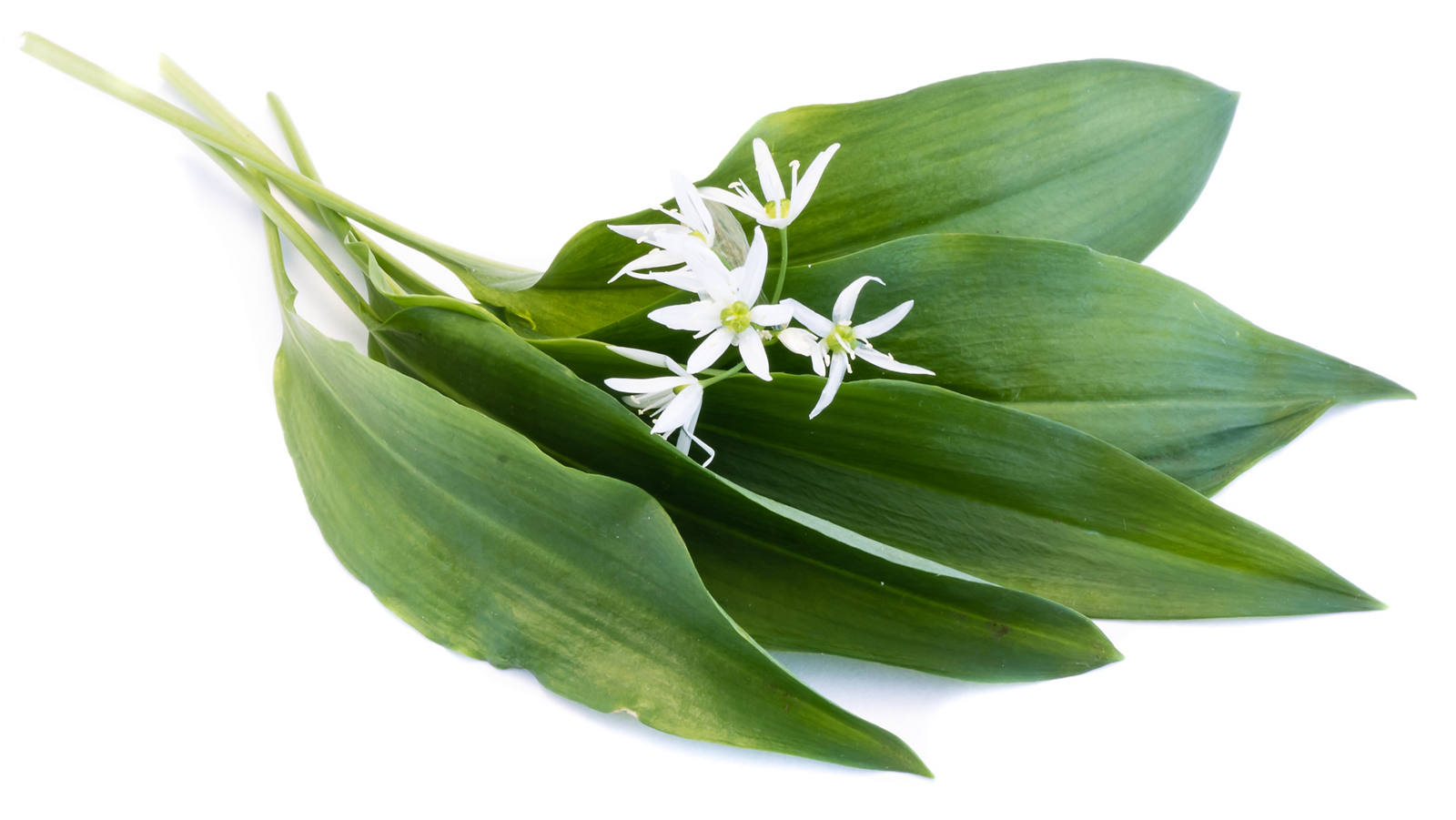
- Season: March to May
- Can be confused with: autumn crocus, lily of the valley and arum. Beware! These are poisonous.
- Use: leaves and seeds
- Found in: deciduous forests and bushes
- Healing powers: expectorant, antibacterial, blood-thinning, lowers blood pressure and cholesterol levels, helps with gastrointestinal disorders.
- Special feature: strong garlic smell and taste.
Tip: pick the leaves before the flowering period while they are still young and tender. As soon as wild garlic starts to flower, the leaves lose their intense aroma and become fibrous.
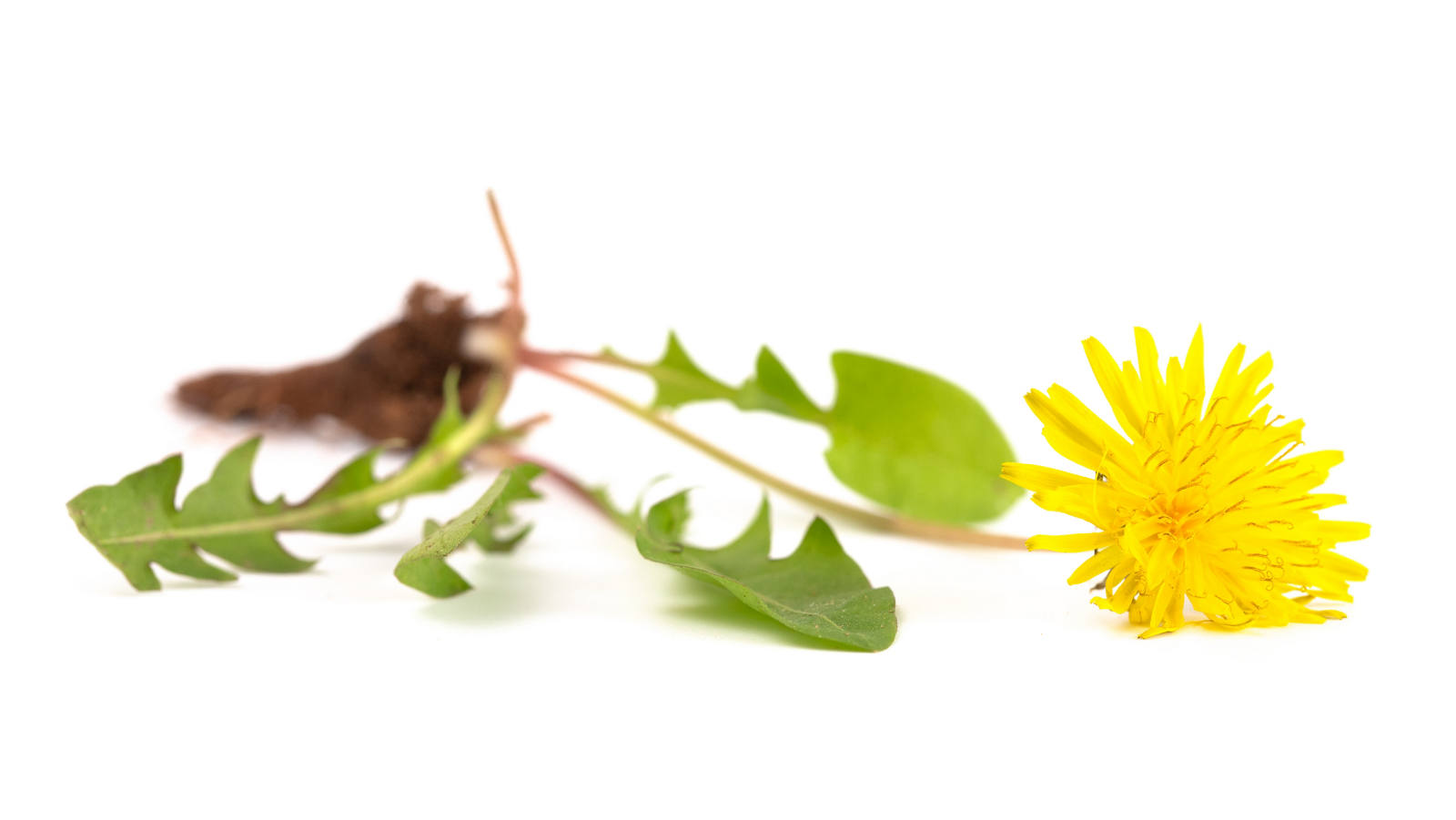
Dandelion
- Season: March to September
- Can be confused with: autumn dandelion – this plant is also edible.
- Use: leaf rosette, flowers, roots
- Found in: meadows, gardens, waysides
- Healing powers: stimulates bile secretion, is diuretic and blood cleansing, helps with stomach and liver problems and rheumatism. External application for skin diseases.
Tip: here too, it’s best not to gather the leaves during the flowering period. To remove dandelion's slight bitterness, you can soak it in cold water for one to two hours.
Ordinary shepherd’s purse
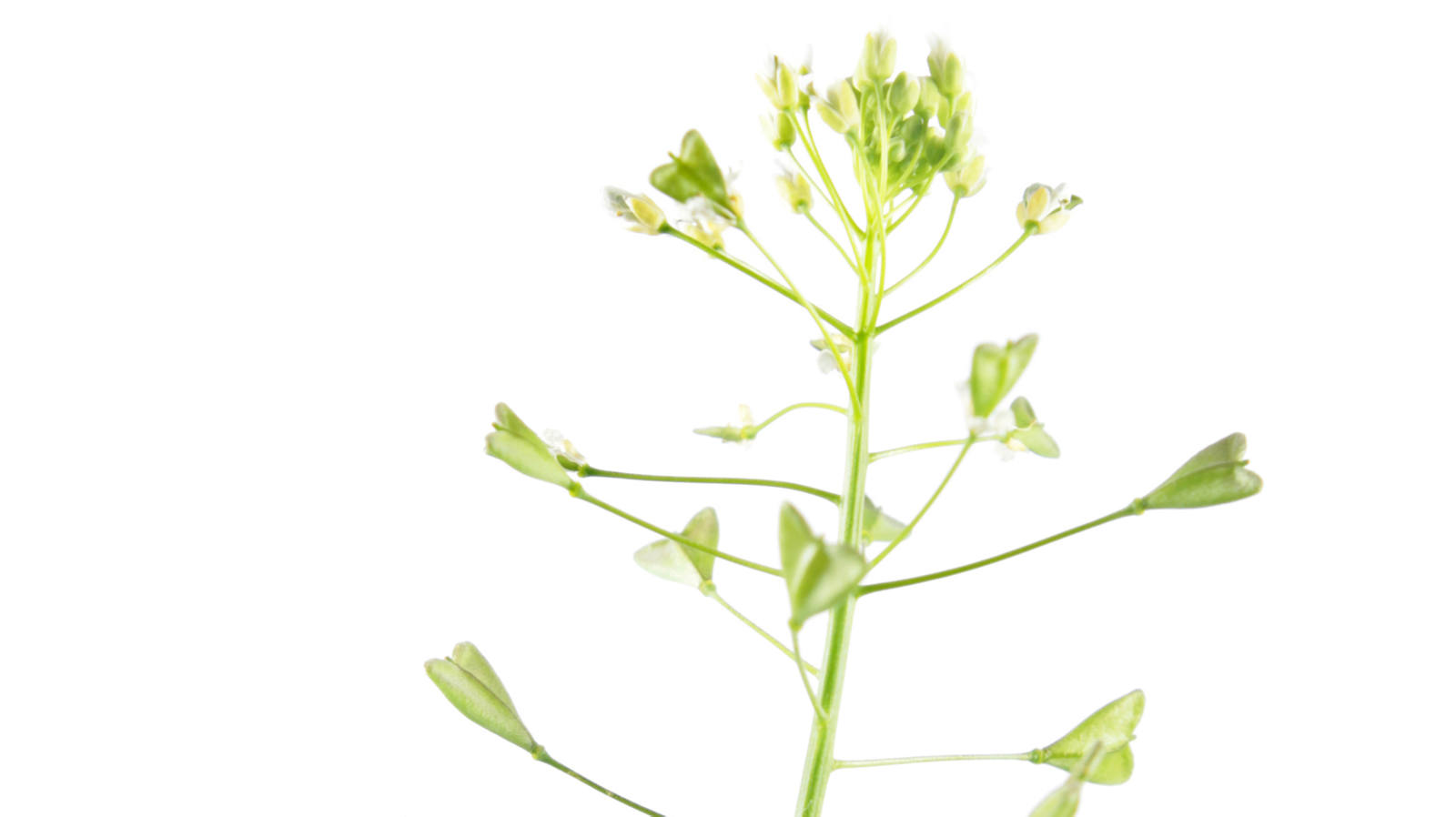
- Season: January to December
- Use: roots, leaves, shoots, flowers, seeds
- Found in: fields and gardens, generally nutrient-rich soil
- Healing powers: haemostatic, helps with severe menstrual problems, promotes contractions (during pregnancy it is not recommended to consume the herb).
- Special feature: heart-shaped fruit
Nettles
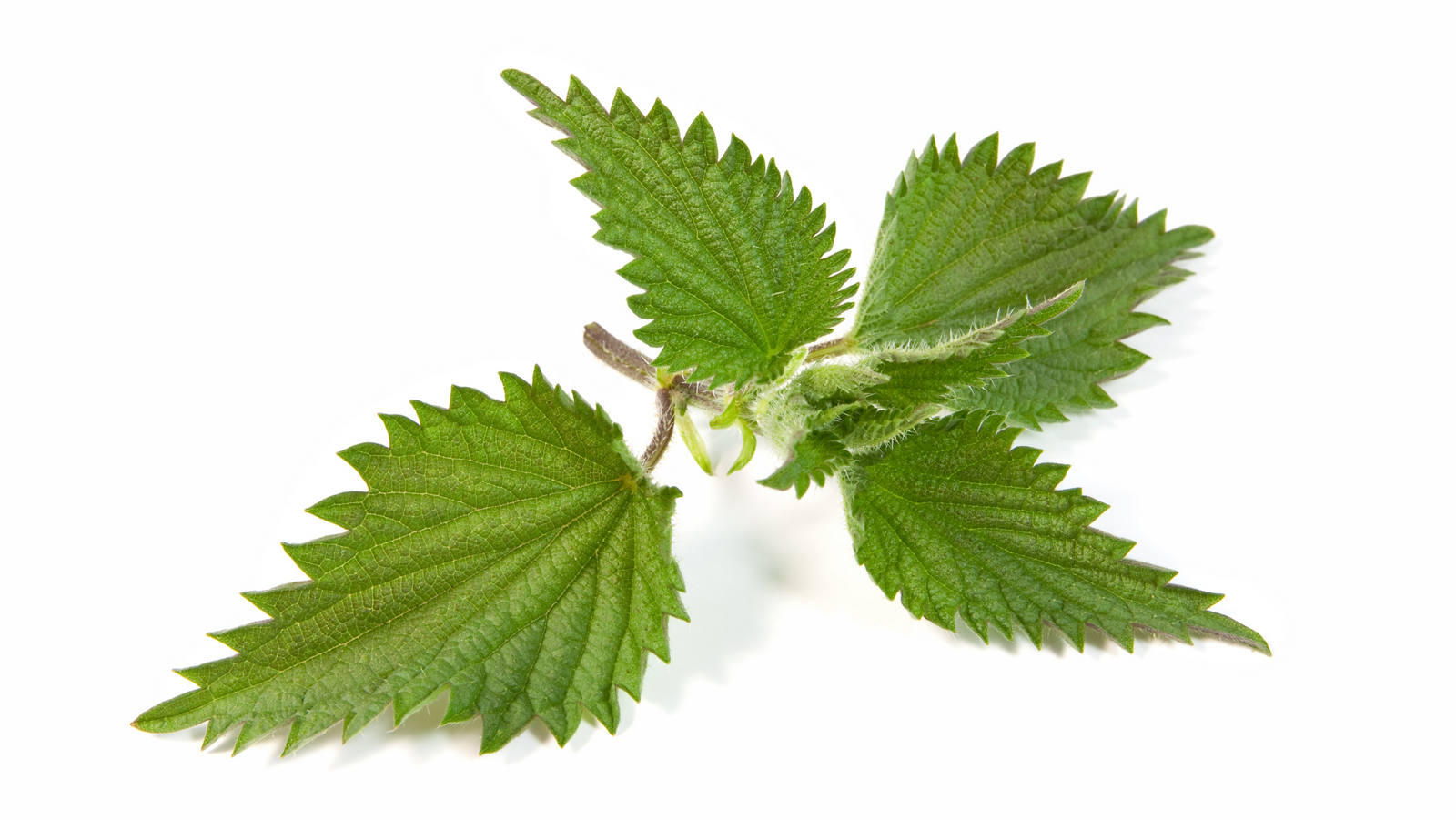
- Season: June to October
- Use: leaves, seeds
- Found in: river banks, gardens, waysides, woodland edges
- Healing powers: helps with urinary or kidney problems, anti-inflammatory, antispasmodic, stimulates the immune system, analgesic.
- Special feature: hairs that sting
Tip: the stems should be as soft and tender as possible when harvested.
Ribwort plantain
- Season: May to October
- Use: leaves, roots, seeds
- Found in: waysides, glades, meadows
- Healing powers: helps with colds, is anti-inflammatory and expectorant, has a cough-relieving and antispasmodic effect, promotes wound healing and is itch-relieving, good for impure skin.
Tip: pick the young and tender leaves – they can be used as a substitute for spinach.
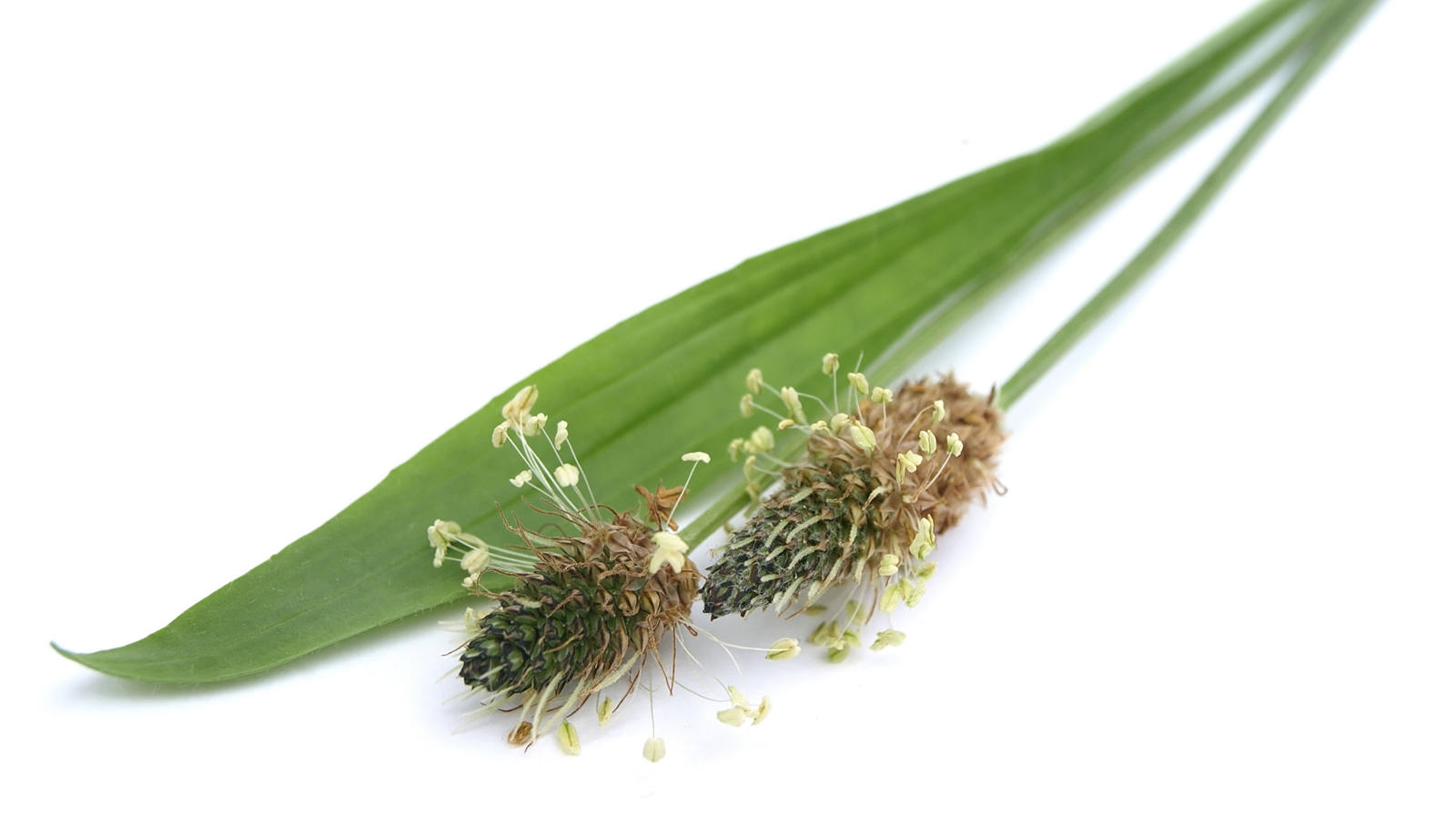
Tips for collecting wild herbs
-
Be sure not to pick herbs too close to the side of popular dog walking routes.
-
Avoid waysides along busy roads or in industrial areas.
- Always wash the herbs thoroughly before use to avoid any contamination with the fox tapeworm.
-
Make sure you are well informed in advance so that you pick the right plants.
-
Do not forage until there's nothing left, but respect the natural environment.
Watch out for ticks
After the walk, check your body all over for ticks. The tick bite itself is painless and often goes undetected. However, it can cause dangerous diseases.

